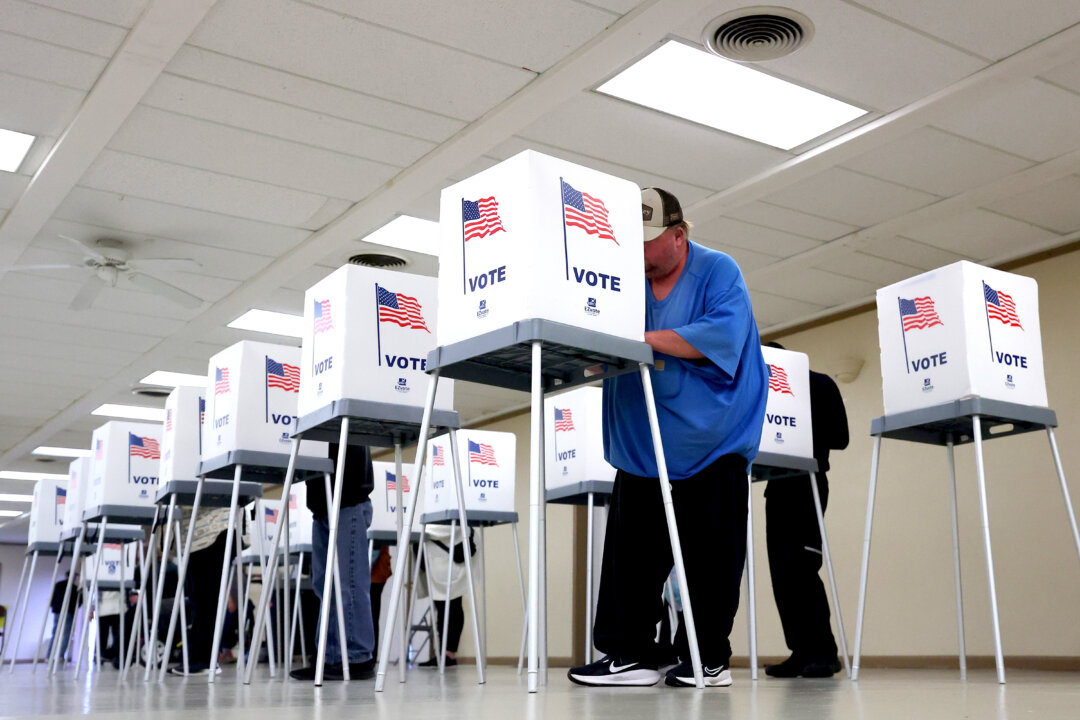Ballot measures in Alaska, Missouri, and Nebraska require employers to offer paid sick leave.
Private employers will now be required to provide earned paid sick leave for eligible employees in three states after voters passed ballot measures in Alaska, Missouri, and Nebraska.
In Alaska, Ballot Measure 1, dubbed the Minimum Wage Increase and Paid Sick Leave Initiative, passed with a nearly 57 percent majority vote.
The measure, placed on the ballot through a citizen petition, mandates a gradual minimum wage increase to $15 per hour by 2027 and allows employees at companies with 15 or more workers to accrue up to 56 hours of paid sick leave annually. Alaska’s current minimum wage sits at $11.73 an hour.
Smaller businesses, those with fewer than 15 employees, must offer up to 40 hours of sick leave. The measure also includes protections against adverse employer actions for workers who decline to attend employer-sponsored meetings on religious or political matters.
The approval of the measure in Alaska faced opposition from several business groups, which argued it could financially strain small businesses, particularly those operating with narrow profit margins.
Missouri voters similarly passed Proposition A with nearly 58 percent in favor.
The measure sets Missouri’s minimum wage on a path to reach $15 per hour by 2026, beginning with an initial increase to $13.75 by 2025. Missouri’s current minimum wage is $12.30 per hour.
Proposition A also requires employers to provide one hour of paid sick leave for every 30 hours worked, mirroring Alaska’s policy.
Some business organizations opposed the proposal but no organized campaign was established. A group of business owners issued a joint statement expressing their disappointment with the result. “We stand by our belief that Missouri business owners are best equipped to run their businesses without additional government mandates and regulations,” the Missouri Chamber of Commerce and Industry, the National Federation of Independent Business, and other business groups said in the statement.
Nebraska’s Initiative 436, the Paid Sick Leave Initiative, received overwhelming support, with 74 percent in favor.
With the measure’s approval, employees in Nebraska will now be able to accrue paid sick leave for personal or family health needs. Businesses with 20 or more employees are required to offer up to seven days per year, and smaller businesses provide up to five days.
Advocates pointed out that approximately 250,000 Nebraskans had been working full-time without access to paid sick leave, often forcing them to choose between working while ill or losing pay.
Supporters of Initiative 436, led by Paid Sick Leave for Nebraskans, which is backed by a coalition of progressive advocacy, labor, and community groups, noted that paid sick leave was particularly scarce in industries such as food service, construction, retail, and transportation. They said that the new policy would allow workers to care for themselves and their families without risking job security or financial stability.
Despite the passage of these measures, some small business owners across all three states expressed concerns. Critics argued that paid sick leave requirements complicate the competitive landscape, especially for smaller employers who already struggle to balance competitive wages and benefits.

